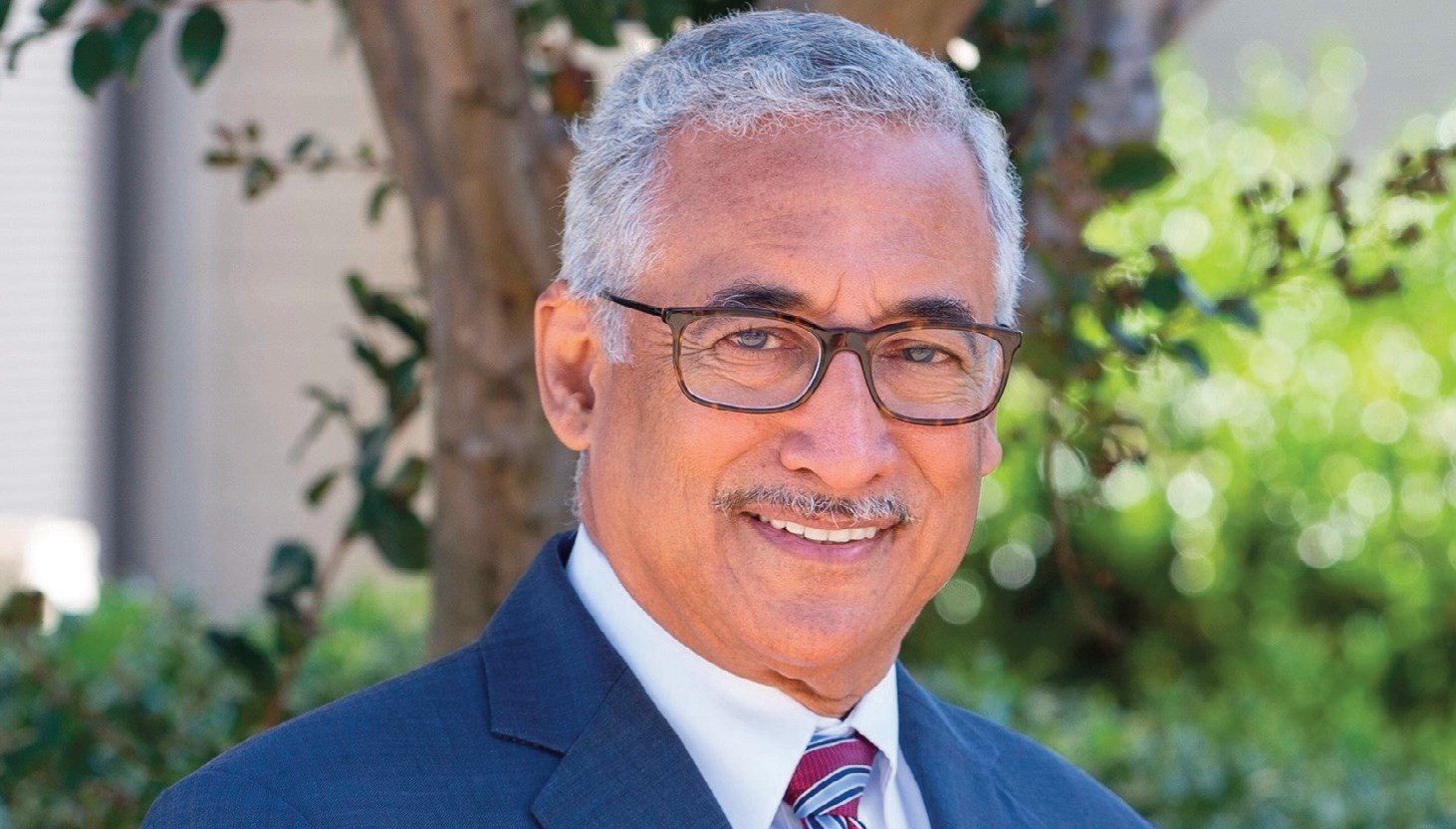HAVANA, Cuba — On Sunday Cuba held its first local elections since a historic thaw in relations with the United States with an unusual wrinkle in the single-party system: two of the 27,000 candidates openly oppose the government.
Hildebrando Chaviano and Yuniel Lopez were chosen by a show of hands in Havana neighborhood nominating meetings and hope to win two of the 12,589 seats at stake in 168 municipal councils, which deal with services such as street repair, water supplies and insect fumigation.
The municipal elections are generally a tranquil affair with heavy turnout and with almost no pre-election campaigning beyond biographical sketches posted in a few places.
A win by either would have symbolic but little immediate practical implication for the Communist Party system.
Municipal assemblies are at the bottom rung of the formal electoral system. They nominate half the candidates for provincial assemblies, which in turn choose half the candidates for the national parliament, which chooses the Council of State, which in turn elects the president. The other half of the candidates to the assemblies are chosen by a government electoral commission.
Chaviano, 65, and Lopez, 26, said they think the government simply was caught off guard by their candidacies. Lopez is an unemployed member of a dissident political party and Chavez is a government attorney-turned-independent journalist.
President Raul Castro began slow but wide-ranging reforms in the centrally planned economy in 2010. He also promised changes to the electoral system but has provided no details to date.
In December, Castro and President Barack Obama announced the intention to restore full diplomatic relations after a half-century break, but negotiations have been complicated by numerous issues, including U.S. laws imposing an embargo of Cuba.













No Comment